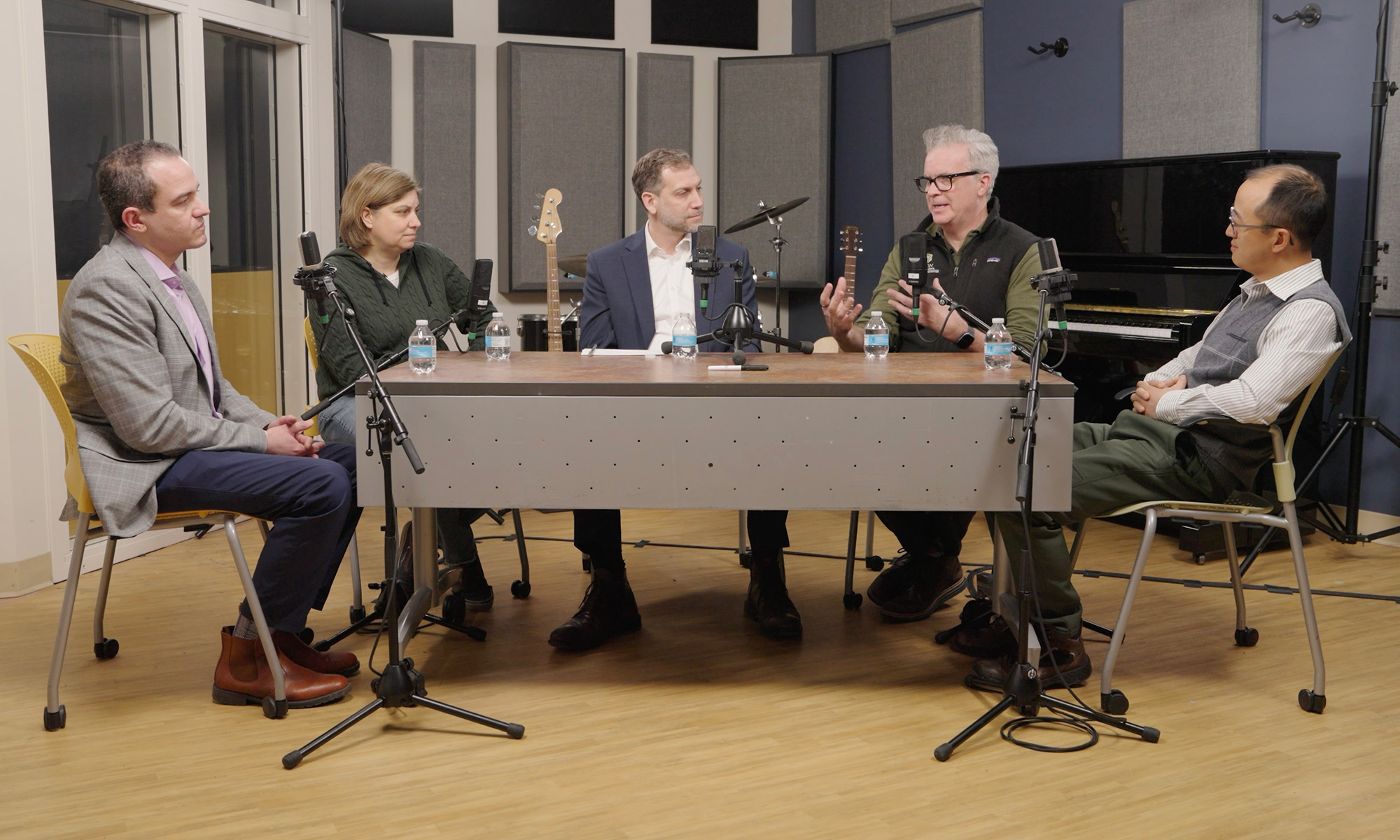A new study concluded that babies of poor mothers who received cash stipends experienced changes in their brain activity patterns. Advocates for the now-expired child tax credit hope the finding will help restore support for this and other federal anti-poverty programs.
“Not so fast,” writes Mical Raz, a professor of history and health policy at the University of Rochester, and a practicing physician, in a Washington Post op-ed published in the newspaper’s “Made by History” section. “This line of argument suggests that ending poverty in its own right is not a sufficient goal and that improving the brain function and biology of poor babies should drive policy.”
Raz draws on her own research while also tracing the history of anti-poverty policies in the US such as Project Head Start. She asks:
If poor children’s brains are “improved” from cash benefits, does that imply that their brains are biologically inferior to begin with? Presenting social science interventions as having the potential of “fixing” poor children—and among this group the overrepresented number of children who are from minority backgrounds—has the distinct risk of fueling a debate about whether some children and families are innately and immutably inferior.
Based on a wealth of evidence, working to reduce child poverty is good policy in itself, she argues. With nearly 11 million US children living in poverty, a rate far higher than in peer countries, “these children deserve better, and their advocates don’t need to rely on the shape of children’s brain waves to make that case.”
Raz is the University’s Charles E. and Dale L. Phelps Professor in Public Policy and Health, professor of history, and a physician at the University’s Strong Memorial Hospital. The author of What’s Wrong with the Poor? Psychiatry, Race, and the War on Poverty (University of North Carolina Press, 2013) and Abusive Policies: How the American Child Welfare System Lost Its Way (University of North Carolina Press, 2020), Raz is an expert on the history of US poverty and child abuse policies over the last half century.
- Read the full Washington Post op-ed online.





